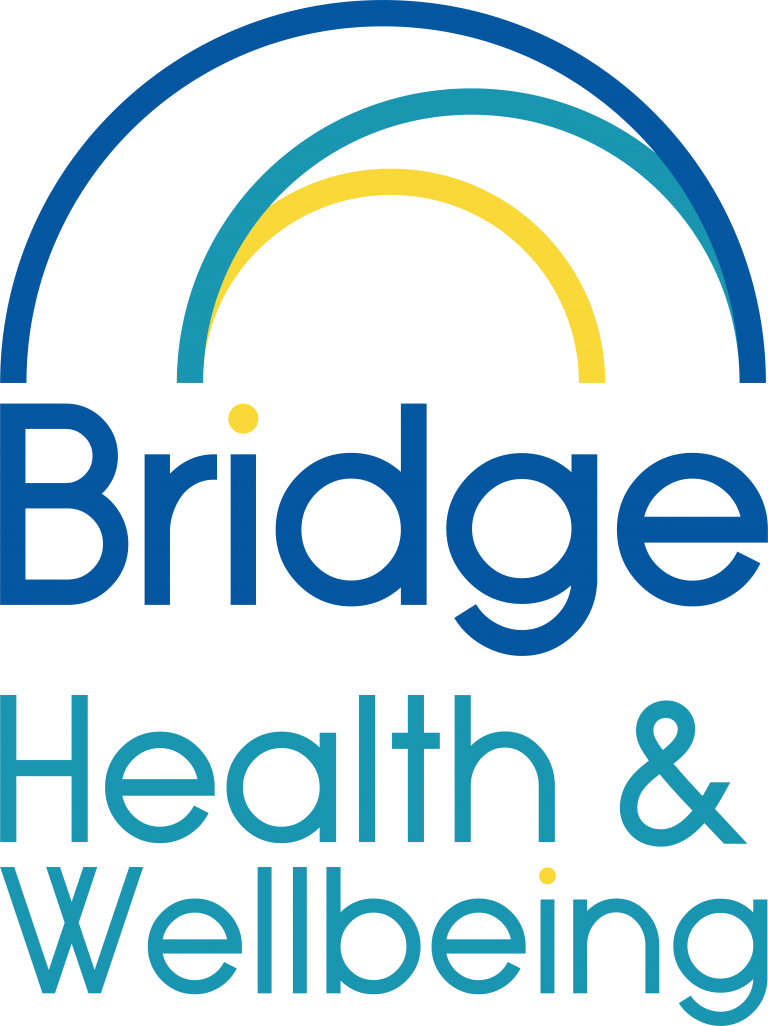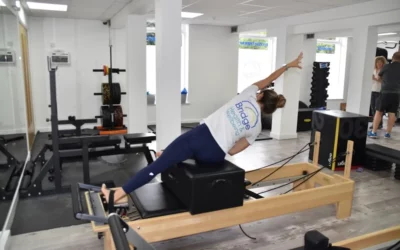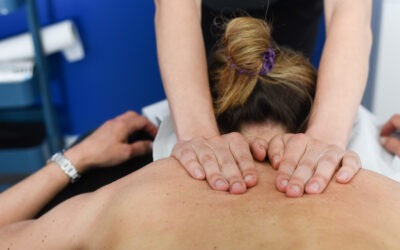The menopause happens to all biological females. It is a retrospective date based on you not having periods for 12 months. The average age of the menopause is 51, so most women find themselves in menopause any time between age 45 and 55. Early menopause is classified as women experiencing menopause who are aged 40 or younger.
The perimenopause is the time building up to the menopause when your hormone levels fluctuate. These hormone fluctuations can last for months, if not years. They cause a range of symptoms, which can be difficult to manage.
There are two other phases to also be aware of:
- Pre-menopause: the time in your life before perimenopausal symptoms occur.
- Postmenopause: the time after your periods have stopped for 12 months and your body has changed.
Here are just a few of the symptoms that you can experience during the perimenopause and menopause:

The Greene Climacteric Scale includes a useful questionnaire that rates the symptoms associated with the menopause. It can help you to track any symptoms you may be feeling.
https://lizearlewellbeing.com/wp-content/uploads/2021/02/The-Greene-Climacteric-Scale-PDF.pdf
Along with the above symptoms, it is important to be aware of your fitness and bone health.
As we age our oestrogen levels deplete and our bone density reduces. After the age of 40, our bone reabsorption exceeds bone formation resulting in a loss of bone mass. Reduced bone density can lead to the onset of osteopenia (https://theros.org.uk/information-and-support/osteopenia/) which is the precursor to osteoporosis (https://theros.org.uk/information-and-support/osteoporosis/).
Our leaflet on bone health explains more:


Taking part in regular weight-bearing exercise is so important
It helps to maintain bone health and keep the muscles surrounding your joints strong. Check out these exercises specifically designed to build bone strength and prevent bone loss in later life. The exercises also help strengthen your lower limbs and improve balance which can reduce your risk of a fall and subsequent fracture.

At Bridge Health & Wellbeing, we are passionate about keeping you moving well and staying strong, during the perimenopause, menopause and beyond. Our physiotherapy and sports massage clinicians, chiropractor, Pilates and yoga instructors are on hand to answer your questions and offer advice.
Book your appointment or class today online or call our friendly team on 01202 473800.



